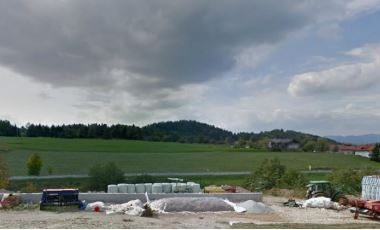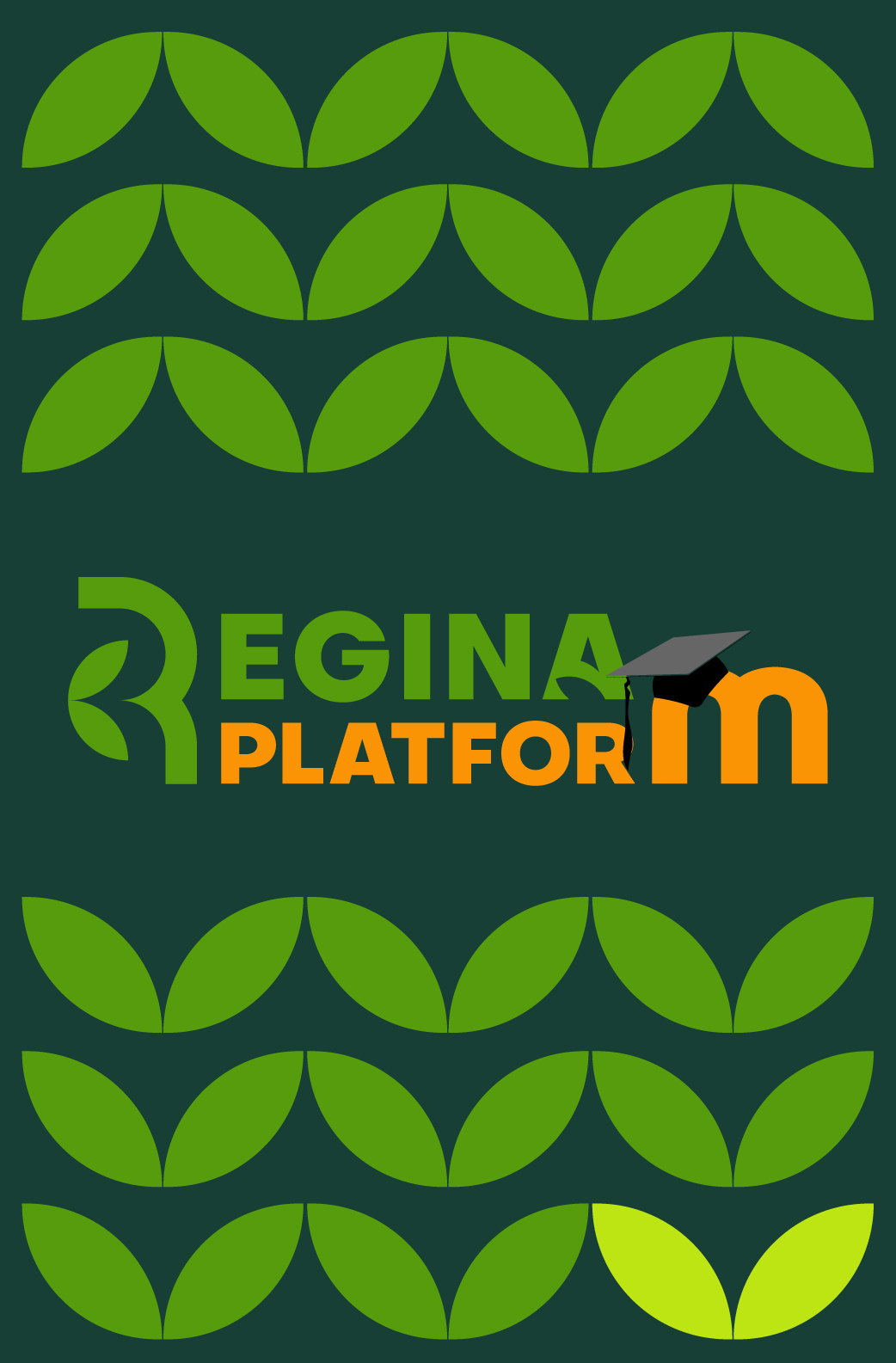Farm Debeljak: Navigating Regenerative Agriculture
Success Story
Farm Debeljak, led by Nastja Debeljak in Slovenia's Osrednjeslovenska region near Velike Lašče, encompasses 61 hectares. Nastja, an agricultural school graduate and current university student, manages breeding, milk processing, and crop production.
The farm is firmly rooted in regenerative agriculture practices, bolstering production optimization. Through minimal cultivation, three-year crop rotations, and a green floor approach, crops like wheat, barley, and alfalfa thrive.
Nastja's inspiration for embracing regenerative methods stems from elevated production costs. Gaining insights from farm visits in Slovenia and abroad and online research, she ardently pursued regenerative insights, despite lacking financial support for her efforts.
The merits of regenerative agriculture, such as humus preservation and enriched soil fertility through green flooring, resonate with Nastja. Yet, challenges surface in the form of crop-threatening wildlife. Fencing solutions emerge but entail expenses.
With satisfaction in their methods, Farm Debeljak pledges commitment to regenerative agriculture. While challenges persist due to uncontrollable factors like wildlife, the farm remains steadfast in its approach, symbolizing resilience in nurturing sustainable practices.
LABELS: Slovenia, dairy, crop-production
|
GENERAL INFORMATION |
|
Location of farm |
Slovenia |
|
Name of the farmer |
Nastja Debeljak |
|
Size of farm |
61 ha |
|
Permanent staff |
2 |
|
Main products of farm |
The farm is engaged in breeding and processing of milk and produces crops. Grows corn, triticale, barley and alfalfa. |
|
CURRENT REGENERATIVE AGRICULTURE PRACTICES ON THE FARM |
|
Farmland cultivated with RA practices |
partly - fields |
|
Crops produced with RA practices |
Wheat, barley, alfalfa. |
|
Duration of using RA practices |
Since 2018 |
Read more information in pdf...

The REGINA project (No. 2021-1-HU01-KA220-HED-000027629) was funded by the European Commission. The content of this website does not necessarily reflect the views of the European Commission.
Call 2021, KA220 – Cooperation Partnerships in Higher Education
The European Commission’s support for the production of the publications does not constitute an endorsement of the contents, which reflect the views only of the authors, and the Commission cannot be held responsible for any use which may be made of the information contained therein.


